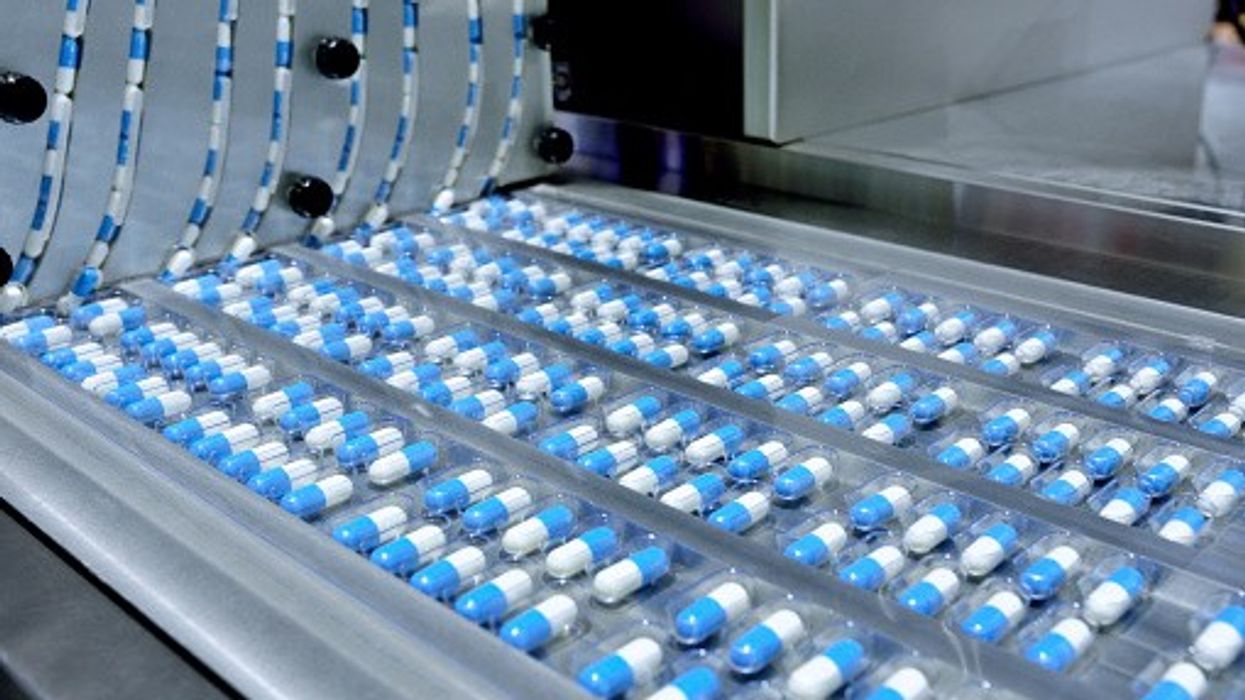The 2025 VPAG payment rate for newer medicines will require the UK pharmaceutical industry to pay around £3.4 billion to the government this year
The Association of the British Pharmaceutical Industry (ABPI) has raised concerns over the sharp rise in the Voluntary Scheme for Branded Medicines Pricing and Access (VPAG) payment rate for newer medicines, warning that it with threaten the UK industry growth and investment.
The payment rate for newer medicines in 2025 has been set at 22.9 per cent, significantly higher than the industry had anticipated.
The association described the increase as “the highest-ever level” and cautioned that this would place “a very real strain on companies, which will not have factored this rate into their business plans for 2025.”
It highlighted that the industry will be required to pay around £3.4 billion to the government in 2025—more than the total payments made over the entire five-year VPAG scheme from 2014 to 2018.
Richard Torbett, CEO of the ABPI, revealed that discussions with the government are ongoing to “fully understand what has driven these rates and how we can return the UK to a more internationally competitive position.”
Torbett noted that while successive governments have rightly identified life sciences as a critical growth sector for the economy, the sector can't fulfil this potential when payment rates are “far in excess” of those set in competing countries.
In December 2023, the pharmaceutical industry signed a new VPAG agreement designed to balance the cost of branded medicines to the NHS with predictability and growth opportunities for the UK pharmaceutical sector over five years.
The ABPI said it was “a tough deal” requiring payment rates on sales of branded medicines to the NHS to start at around 15.3 per cent, but it was signed with the expectation that rates would trend back toward “a more internationally competitive and sustainable level” over the lifetime of the scheme.
“Unfortunately, for reasons not yet fully understood, latest data shows that the 2025 payment rate has instead increased to the highest-ever level – 22.9 per cent for newer medicines in 2025,” the APBI said.
The current VPAG scheme came into effect in January 2024 and will remain in place until the end of 2028.
The ABPI also pointed out that the NHS allocates a smaller share of its healthcare budget on medicines than comparable countries —just 9 per cent in the UK, compared to 17 per cent in Germany and Italy and 15 per cent in France.
Furthermore, it highlighted that, over the past decade, growth in the UK branded medicine market has been tightly capped, increasing by just 1.1 per cent annually between 2014 and 2018, and 2 per cent annually between 2019 and 2023.
After accounting for inflation, the actual value of the branded medicines market has declined by 11 per cent during this period. Meanwhile, the NHS budget has grown by 33 per cent in real terms over the same timeframe.
The new VPAG scheme was expected to double this growth to four per cent per year by 2027.
Under this agreement, the pharmaceutical industry also agreed to invest £400 million over 5 years through the Life Sciences Investment Programme to drive forward UK innovation, sustainability and growth.













